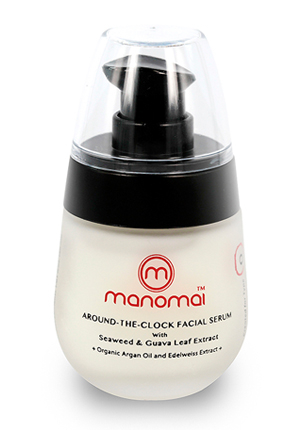Government ministers to propose minimum alcohol price

Discussions over a minimum price of 45p a unit on alcohol in England and Wales are to commence in an attempt to tackle binge drinking, ill health related to alcohol and alcohol related crime.
Scotland is already piloting the idea, where 50p a unit has been recommended and is expected to come into force in March 2013.
The move is aimed exclusively at shops and supermarkets that sell discounted drinks and multi packs rather than pubs, where prices are already heavily taxed.
To the consumer, the price increase in England and Wales would mean that a can of strong lager would not cost less than £1.56 and a bottle of wine would have a minimum price set at no less than £4.22.
Research suggests that the move will reduce the consumption of alcohol by 4.3%, leading to 2,000 fewer deaths over a 10 year period. Predictions also suggest that the number of alcohol related crimes will be cut by 24,000 a year.
Dr Vivienne Nathanson from the British Medical Association is supporting the move: “Alcohol is a dose related poison, in other words the more you drink the more harm it causes, so by reducing the amount they are drinking over the safe limit you are helping to save them.
“It isn’t a small minority of the population who are drinking excessively, it’s nearly a quarter. That’s a huge number of people who are drinking at levels that are hazardous to their health and we really have to throw everything we can to save lives.”
Although the projected figures are commendable, concerns have been raised over what people with alcohol related issues will do to gain alcohol, and whether crime and hospital admissions will actually decrease in the wake of a price increase.
There is a fear that many binge drinkers, unable to afford the price rise, will take up crime to obtain alcohol. In such a situation, though alcohol related violence may decrease, there may be a spike in shoplifting and theft, leading many to question the true viability of such a move and whether other, more effective, measures could be enforced.
Talks and consultations on the matter are expected to continue for ten weeks.
James Clark
























Facebook
Twitter
Instagram
YouTube
RSS